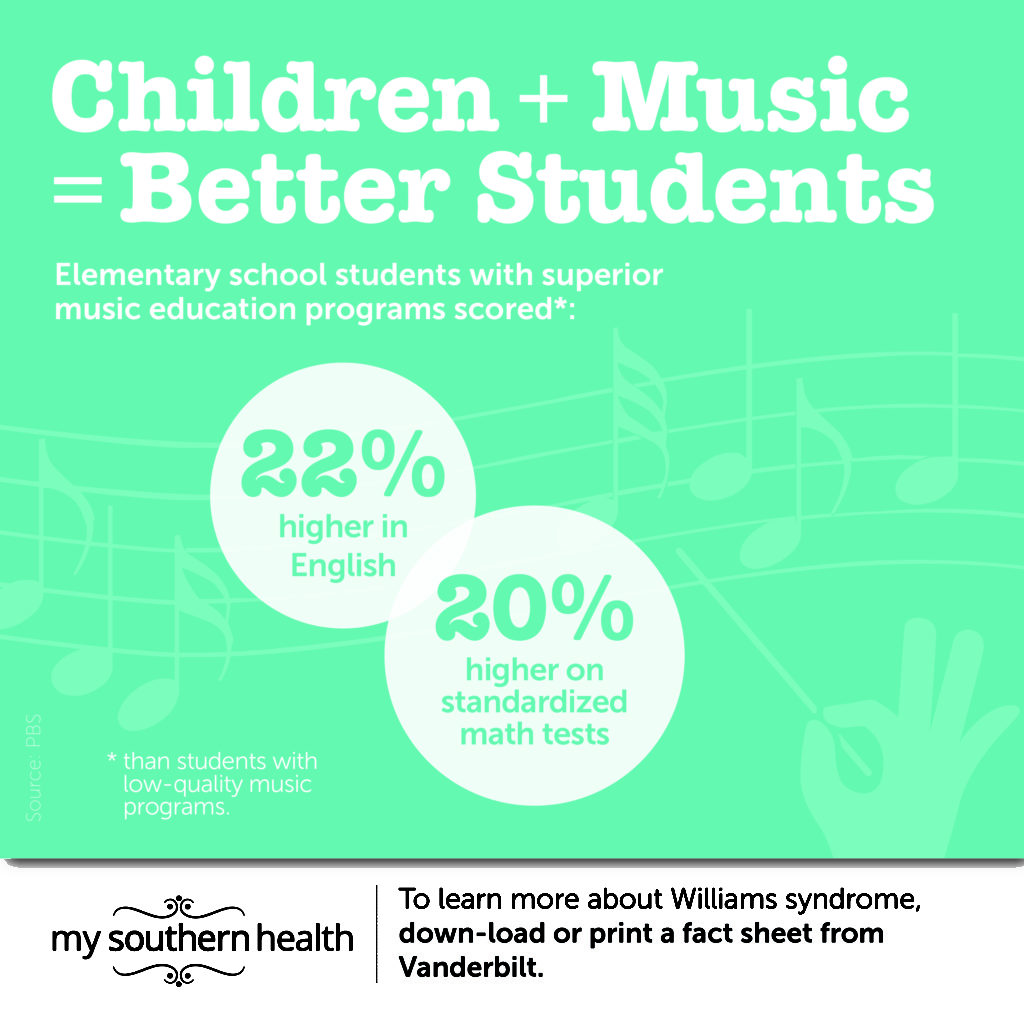
When we talk about music, it holds a very special place in everyone’s lives regardless of age, gender, caste, creed, or religion. When we hear some music or a song and if we like it then it automatically uplifts our mood, and emotions which ultimately helps every individual to complete any task.
However, it’s become a belief to almost everyone that music is just a medium of entertainment, but it’s more than that. Music holds so much power that only a few people realize, it can heal a person and can even motivate an individual to get things done. It has the power to transform the way of education and could help students to enhance their learning experiences as well.
According to vanderbilthealth.com, it has been found that when school leaders and other member of the school embraces the power of music then students also show significant growth in their academic performances.

Today, we will get to know some of the exciting and entertaining ways to incorporate music into the classroom and it’s benefits which will ultimately create a comfortable and harmonious learning environment and help students to perform better in their academics.
Before moving to the topic, can we ask you a question? Do you follow us on Social Media? We regularly share upgraded educational content, tips, feedback, and more. Check us out by clicking the profiles here - Facebook / Twitter / LinkedIn / Pinterest / Instagram / YouTube
So, without any further delay, let’s get started.
6 Effective Strategies to Incorporate Music in the Classroom
Let's explore some practical strategies for incorporating music into daily classroom routines:
1. Energizing Start to the Day
Begin the day with a song that gets students moving and sets a positive tone for learning. Encourage them to dance or clap along boosting their energy levels and creating an atmosphere.
2. Find Curriculum Based Songs
Discover songs that convey specific information or concepts aligned with the curriculum. By incorporating music students are more likely to retain and understand the lesson content. Consider using melodies or familiar tunes to make the songs more captivating.
3. Background Music for Focus
You can play soft instrumental music in the background during independent work or study time. This can help create a focused environment enhancing concentration and productivity.
4. Transitions Music for Different Tasks
You can use different short music or songs in the form of transition music in between different subject lessons or activities. It signals students that it’s time to shift their focus to the next task which will help them to maintain a smooth flow throughout the day in classroom activities.
5. Exploring Multicultural Sounds
Introduce students to music, from different cultures and countries expanding their musical horizons while promoting cultural understanding and appreciation.
6. Collaborative Music Projects
Motivate students to collaborate on creating their songs or musical compositions related to specific topics or themes. This fosters creativity, teamwork, and self-expression.
Benefits Of Incorporating Music in the Classroom
There are plenty of benefits of incorporating music in the ESL classroom. Let’s get to know some of the most prominent benefits -
1. Music Uplift Emotions
Based on many research studies it has been discovered that music can effectively reduce stress and evoke emotions creating a calm and relaxed atmosphere conducive to learning.
Music possesses the power to influence our moods stir up emotions and establish a joyful ambiance. By incorporating music into the classroom setting teachers can tap into this impact and foster a positive learning environment. When students are engaged and enthusiastic, they are more likely to be receptive to information and actively participate in class.
The natural flow of tone, pitch, and rhythm in music makes it more dynamic and captivating compared to ordinary speech. Moreover, many songs designed for children involve movements that engage their entire bodies in the learning process. This not only enhances energy levels but also makes learning more enjoyable.
2. Music Connects Everyone
One aspect of music is its ability to connect people from diverse cultures and languages. Irrespective of our differences music serves as a bridge that unites individuals. Many songs are known and loved worldwide, and even if specific songs are unfamiliar, the patterns and rules of music are understood and recognized by all.
Using music as a tool in an ESL classroom can foster connections between teachers and students establishing a shared understanding and trust. This bond in turn improves performance. Boosts interest, within the classroom.
"Music is the universal language of mankind."- Henry Wadsworth Longfellow
3. Music Improves Brain Function
Numerous studies have shown the positive effects of music on learning and memory retention. Listening to music engages both sides of the brain simultaneously, enhancing brain function and performance. Music also aids in memory recall by connecting experiences and emotions.
According to many research studies music not only helps retrieve old memories but also facilitates the creation of new ones. In a learning environment, the ability to store and recall information is crucial for academic growth. In addition, music has an ability to follow patterns, which our minds naturally gravitate towards. This leads to the retention of information when it is set to music.
Music is More Than a Medium of Entertainment
Music is not just a medium of entertainment but it also carries the power of creating a harmonious learning environment in the classroom which enhances the process of learning and teaching. Teachers who have pursued courses like the Internationally Accredited TEFL/TESOL Course in Bangalore know how impactful music can be in the classroom.
However, in this blog post as well, we have mentioned several ways to incorporate various kinds of music in your classroom which can have a lasting impact on students' academic growth and overall well-being.
Let us embrace the transformative influence of music and unlock the full potential of education.
We believe education should be accessible for everyone. That’s why we don’t charge for our blogs. Find the right course that will help you in your career with us, contact us at - +919870134035. You can mail us at act@asiancollegeofteachers.com